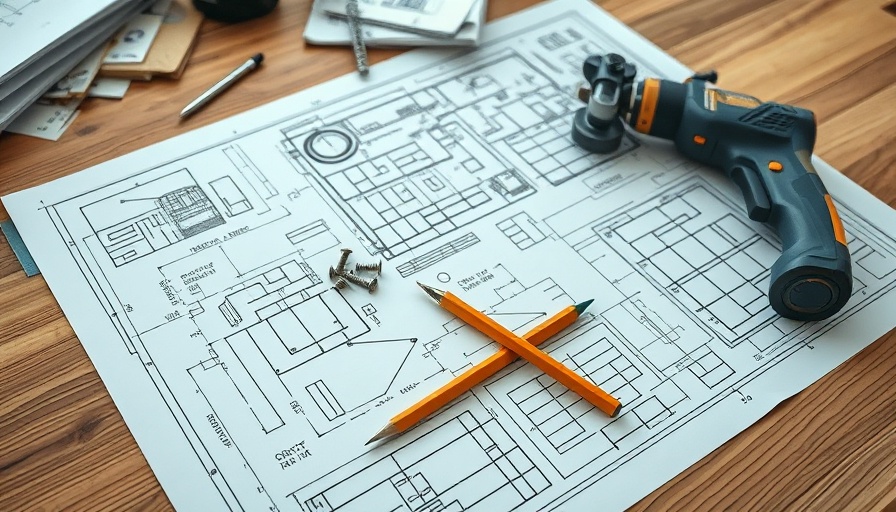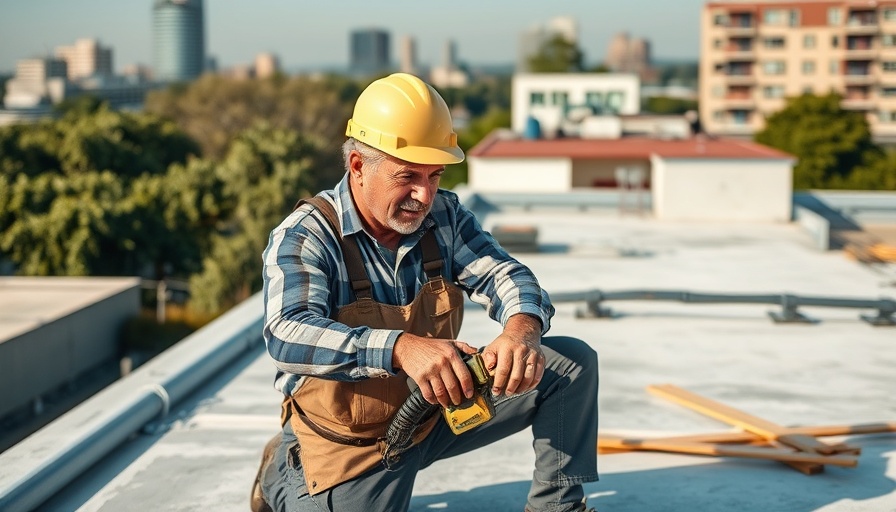
Building Code Basics: What Every Business Owner Must Know
When it comes to commercial renovations, understanding building codes is vital. These regulations, often viewed as hurdles, are intended to guarantee the safety and functionality of structures. Building codes dictate how buildings are constructed, what materials are to be used, and essential factors like fire resistance, plumbing, and electrical standards. For business owners, grasping these codes isn't just a burden—it’s imperative for successful projects.
The Importance of Compliance in Commercial Construction
Compliance with building codes is paramount for several reasons. Firstly, it ensures the health and safety of all occupants within the building, minimizing risks of accidents. Failure to adhere to codes can lead to costly delays, modifications, or even legal consequences due to violations. For local residents and businesses alike, understanding the implications of these requirements can lead to more informed decisions when embarking on renovation projects.
Navigating the Complexities of Local and State Codes
Each state has distinct codes that regulate construction practices, often developed in response to specific local needs, such as climate conditions or environmental concerns. For instance, in St. Simons Island or Jekyll Island, unique hurricane preparedness codes apply due to their coastal location. Business owners need to be particularly aware of these local amendments to the International Building Code (IBC), which serves as a national baseline. Failing to account for local regulations could leave a business vulnerable to issues during permitting and inspections.
Common Code Violations to Avoid
In the realm of commercial construction, some violations are more common than others. Frequent pitfalls include inadequate emergency exits and improper electrical bonding, which can lead to serious safety concerns. Additionally, failure to maintain proper fire blocking can enhance the risk of fire spread, aerial hazards, flooding, and structural damage. Awareness of these prevalent issues can empower business owners to proactively address them during their renovation to prevent costly oversights.
Choosing the Right Contractor for Compliance
Selecting a contractor well-versed in local building codes can spell the difference between a smooth project and one fraught with complications. The right contractor will not only be knowledgeable about regulations but will also coordinate with various trades to ensure compliance at every stage—from planning through to inspection. By prioritizing an experienced team, business owners can safeguard against potential delays and penalties.
Future Trends in Building Codes
As society evolves, building codes continue to reflect advancements in technology and safety practices. Increasingly, there is a push for green building standards, like the LEED certification required for new commercial projects in many regions. These sustainability practices are gaining traction and could eventually affect all building codes, impacting areas like energy efficiency and waste management. Business owners operating in today’s environment should remain agile and informed regarding these shifts in regulations to maintain compliance and sustain their operations.
Takeaways for Local Business Owners
Understanding building codes for commercial renovations is not just about regulations; it’s about creating safe, functional environments for both businesses and their patrons. With proper knowledge, business owners on St. Simons Island and Jekyll Island can navigate these waters confidently. Engaging knowledgeable contractors, staying updated on local codes, and investing the time to understand required compliance can lead to successful renovations that withstand the test of time.
 Add Row
Add Row  Add
Add 




Write A Comment